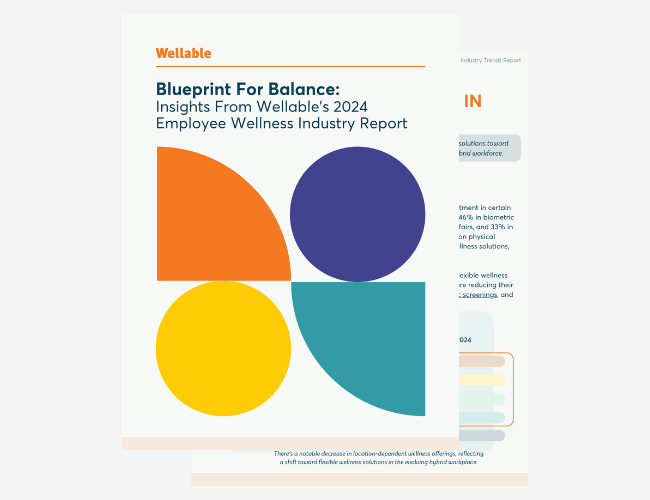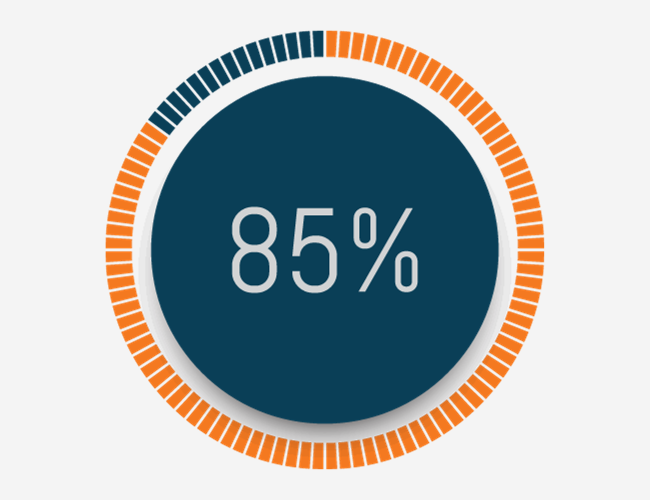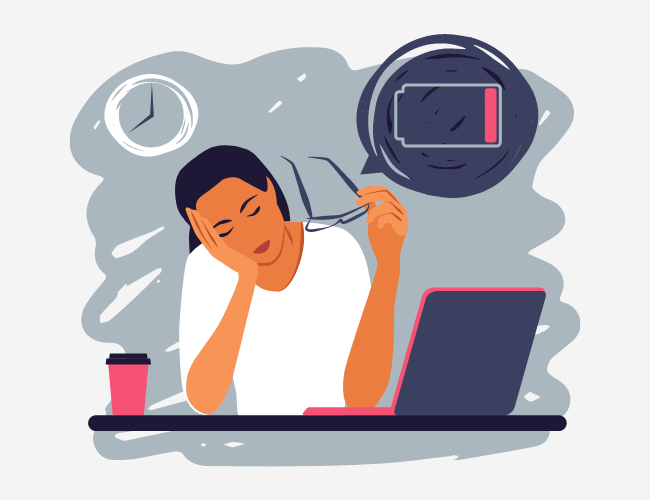Companies enacting policies supporting an “always on” culture believe employee performance is tied to hours worked or email response time. Research continues to be published that contradicts this management style, including a study scheduled to be presented at this summer’s annual meeting of the Academy of Management. The study suggests that employers “damage their employeesꞌ well-being and work-life balance and weaken their job performance when they create expectations that work-related emails should be monitored and responded to during non-work hours.”

According to the authors of the study, “An ‘always on’ culture with high expectations to monitor and respond to emails during non-work time may prevent employees from ever fully disengaging from work, leading to chronic stress and emotional exhaustion.” Even if the amount of time to check and respond to emails is minimal, the expectation to do so creates anticipatory stress and prevents detachment from work, which is necessary for sustainable job performance. Ironically, the ability to disengage from work improves your ability to engage while you are there.
The study recruited and surveyed 600 working adults from a business school alumni association and LinkedIn interest groups. The participants worked in a wide variety of industries and organizations. The study conducted two surveys. The first survey captured amount of time dedicated to after-hours email, the degree of employer expectation to respond to these emails, psychological detachment from work, emotional exhaustion, and personal opinions on having to be connected to email 24/7. The second survey, which was given a week later, focused on work-life balance.
The study found that detachment from work was impaired less by time spent on after-hours email. Rather, the expectation from an employer to be constantly connected made it harder to disengage. This lowered ability to disconnect translates into poorer work-life balance and causes emotional exhaustion, which, earlier research has shown, negatively affects job performance.
The study also showed that the “negative effects of feeling the need to respond to emails during non-work hours was greatest on employees who strongly wish to keep their work and family separate. Thile these employees are generally more likely to detach from work than those who don’t care as much about work bleeding into their personal lives, the insistence on after-hours email availability upsets their ability to do so.”












